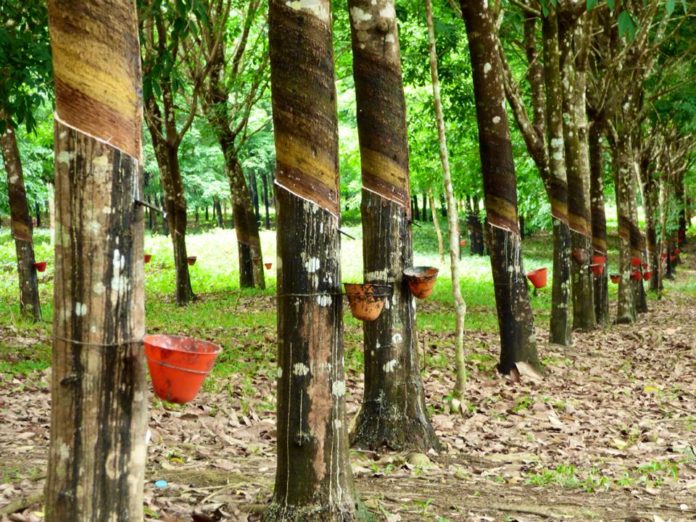Firestone Liberia has announced that the company will continue the temporary halt on the purchase of rubber in early second quarter, contrary to its promise to resume in April.
In February, Firestone put a halt to the purchase of rubber from local farmers due to what it said the maintenance of the factory for the month of March, the temporary closure of certain company divisions for wintering, the annual/seasonal decline in rubber production activities by farmers, and the oversupply of rubber currently on hand.
The company then promised to resume rubber purchase activities during early second quarter, which is the beginning of April, this year.
However, as the second quarter approaches, the company said it would not resume purchase, citing the same conditions including a new one – the coronavirus pandemic that is ravaging the world and disrupting global trade.
“Firestone Liberia has made the difficult but necessary decision to not resume rubber purchase operations in early 2nd quarter as previously announced,” the company said in the statement released by its Communication Officer, Patrick Honnah.
“The decision was made after considering several unavoidable factors related to ongoing factory maintenance, the company’s existing supply of rubber, and the current impact of the global COVID-19 pandemic.”
The company said it will continue to monitor the developing COVID-19 situation, while strictly observing all Government of Liberia’s mandated protocols.
It further said that the safety and security of its employees and partner smallholder farmers is paramount, and will continue to plan for ways to safely conduct this critical part of its business at the appropriate time.
As the situation continues to develop, Firestone Liberia noted that it will remain in close communication with local rubber farmers and the Ministry of Agriculture on the company’s next steps to resume rubber purchase activities.
It also added that during these unprecedented and uncertain times, the company remains focused on partnering with the Ministry of Health and other Government of Liberia leaders to do its part in helping lessen the impact of COVID-19 in Liberia.
“Our most important priority at this time is to safeguard the well-being of our employees and their dependents while working to also ensure the sustainability of our operation,” the company said in the statement.
Experts say the company’s decision is a big blow to the thousands of local farmers who depends on the company to sell their rubber for their livelihood.
Many rural Liberians are rubber growers and largely dependent on it for living.






















